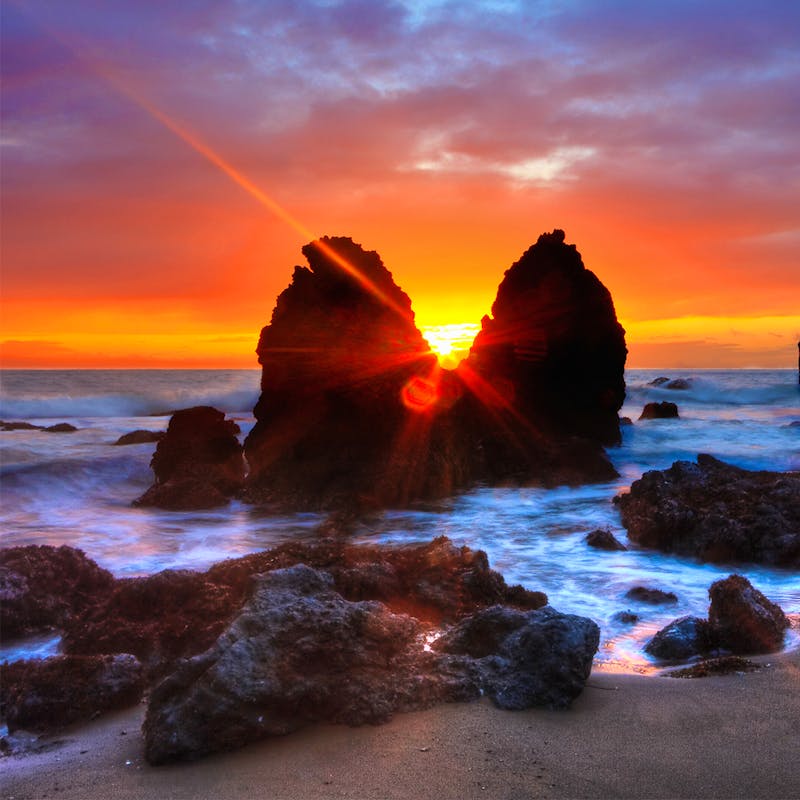This weekend marked the beginning of the recreational salmon season in the ocean south of San Francisco, and anglers will flock to harbors along the central California coast to launch their boats and try their luck. This increased fishing activity brings concerns about sea otter safety as more boaters venture into waters where hard-to-spot sea otters forage for food.
About 3,000 Southern sea otters live along the California coast, extending from just north and west of Santa Barbara to about 50 miles south of San Francisco.
“Sea otters have made an incredible comeback from the few dozen animals that survived the fur trade,” said Andy Johnson, California representative at Defenders of Wildlife. “But they reside in nearshore waters where there is a lot of human activity, and conflicts can occur.”
For years, Defenders of Wildlife, Sea Otter Savvy and the Monterey Bay Aquarium have worked with wildlife agencies to increase awareness of how human commerce and recreation can disturb or harm marine wildlife. These disturbances include noise pollution, vessel strikes and gear entanglements. Oil spills, pollution, disease and kelp loss also pose potential threats to coastal and marine species. The opening of recreational salmon season each year adds to the list of hazards for sea otters.
The California Department of Fish and Wildlife documented 49 boat-strike deaths of sea otters between 2003 and 2017, and a high proportion of those cases occurred during recreational salmon season. Johnson says that anglers and other boaters can reduce the chance of collisions by going slow in posted no-wake zones and keeping a lookout for sea otters in boating channels and nearshore areas.
For several years, these groups have posted signs at boat-launching ramps, highlighted the risks to animals through the media and shared information with fishers in an effort to prevent boat strikes to sea otters. Johnson said the groups have made good progress in spreading the word about otter-friendly boating, but the risks remain.
“We’re trying to share the message that fishing and other boating activities can affect wildlife in ways we don’t intend,” said Johnson, who has worked on sea otter conservation for decades. “We support the recreational fishing community. More boats launching during the opening weekend of salmon season increases the potential for disturbance and even boat strikes, which for otters often results in death.”
According to Johnson, boat strikes can happen when anglers travel at high speeds through waters where otters rest and forage.
Johnson is optimistic that good communication can avert this avoidable source of sea otter mortality.
“No one intends to harm a sea otter,” said Johnson. “ We’re just asking boaters to take a little extra care when boating near these wonderful creatures.”
For over 75 years, Defenders of Wildlife has remained dedicated to protecting all native animals and plants in their natural communities. With a nationwide network of nearly 2.1 million members and supporters, Defenders of Wildlife is a leading advocate for innovative solutions to safeguard our wildlife for generations to come. To learn more, please visit https://defenders.org/newsroom or follow us on X @Defenders.
Media Contact
News

Study Led by Defenders of Wildlife Scientist Shows Noise Pollution Impacts on Migratory Birds


